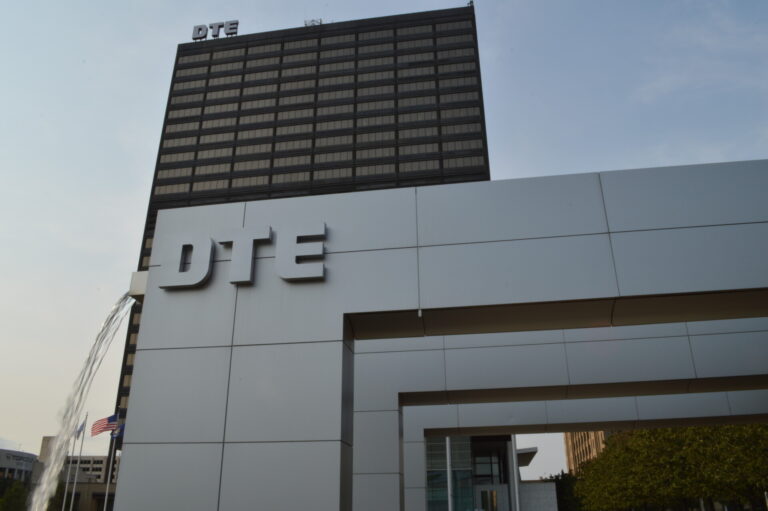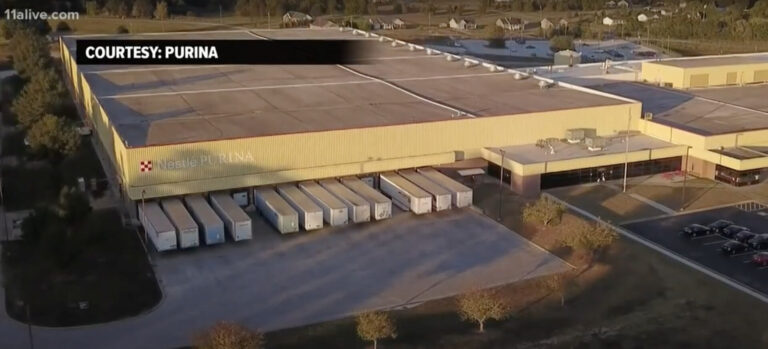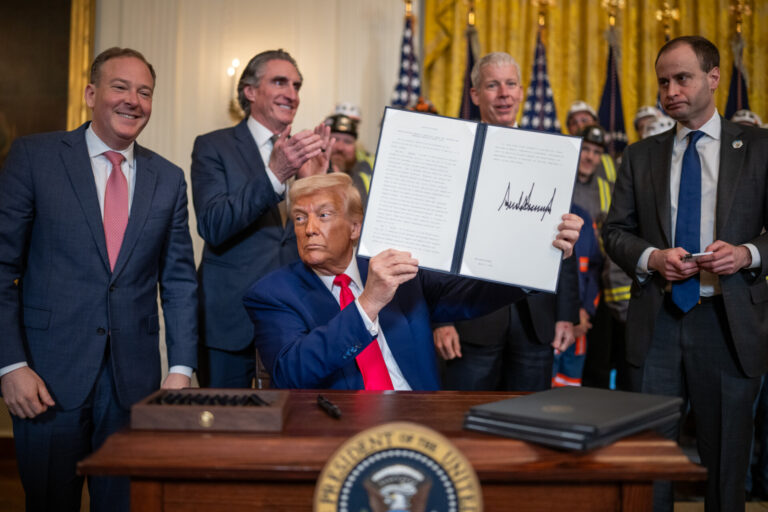Peabody’s Energy Poverty Campaign Versus Reality at Powering Africa Summit
African energy ministers, utility companies, and private sector investors all gathered in Washington D.C. recently for the Powering Africa Summit at the St. Regis Hotel. The summit is designed to bring stakeholders together, including those leading the Obama administration’s Power Africa initiative, to discuss increasing access to electricity in Africa.
The summit was an opportunity for the Energy & Policy Institute to interview African energy and finance ministers, along with investors, about Peabody Energy’s “Advanced Energy for Life” campaign and the role they see coal playing in the electricity sector in Africa.
Not surprisingly, many people interviewed had never even heard of Peabody’s coal campaign. The ones that had heard of the campaign thought it was a ridiculous attempt to sell more coal. All but one person interviewed said that there was no role for Peabody’s coal in Africa and many advocated for renewable energy as the right path forward for the nations of Africa. The sole outlier interviewed that admitted he had investments in the “clean coal” sector.
The summit also allowed participants to talk about current obstacles that must be overcome to continue progress between non-governmental organizations, the private sector, and government agencies. “We want to make sure we get it right,” said Andrew Herscowitz, coordinator for President Obama’s Power Africa and Trade Africa initiatives.
Developing the electricity sector in Africa has been a policy priority for the U.S. government for years, because it plays a vital role in eliminating poverty. The policy issues, however, have recently been thrown into the limelight as a result of President Obama’s Power Africa initiative and the United Nation’s Sustainable Energy for ALL (SE4ALL) initiative. The underlying goal for these initiatives is to have African nations “leapfrog” the problems that industrialized nations have created while developing their economies: pollution that is harmful to human health and hundreds of billions of tons of greenhouse gas emissions that causes global warming.
Certainly, the issue is a complex one. “Leapfrogging” does not have to mean that a 12-watt solar panel is installed onto a thatched roof in a village in Africa, thereby alleviating that person’s energy poverty. It should instead push the bounds of innovation to find the best possible mix of centralized and decentralized solutions that can be as clean as possible, in order to provide for genuine energy access in many parts of the global south.
In many rural parts of Africa where the grid has yet to reach, the economics of extending a centralized grid system may not favor large power plants, particularly because it takes time for energy demand to build up that could sustain payments towards such an investment. In these areas, innovative ways of providing energy access to the consumer is important. Already, entrepreneurs are at work across parts of the continent experimenting with everything from pre-paid solar home lighting systems to solar micro-grids to ensure that power is delivered to the poor. Ultimately, the discourse on sustainable energy development should be about supporting entrepreneurs to give Africans the energy they need using the sources that they have.
Sustainable energy has resulted in attacks by the fossil fuel industry, specifically from Peabody Energy, the largest private coal company in the world.
Peabody has been working together with public relations giant Burson-Marsteller to push a worldwide PR campaign called, “Advanced Energy for Life” (AEfL). As Dan Zegart and Kevin Grandia write in Salon:
The campaign is designed to shift the focus of coal’s leading role in pumping carbon dioxide into the atmosphere to what AEfL calls “energy poverty” – the alleged cure for which is cheap coal-generating electricity for the substantial areas of the developing world.
Peabody was also in Brisbane, Australia this past year lobbying G20 world leaders about energy poverty, using its AEfL campaign to raise awareness, according to The Guardian.
This government affairs and public relations campaign is a result of the coal industry’s troubling economic outlook due to other forms of electricity, such as natural gas, wind, and solar, becoming cheaper and more competitive on the wholesale market; and many governments have implemented policies to reduce the use of coal.
Peabody reported a loss of $749.1 million for its continuing operations last year. In 2013, the coal company reported a loss of $286 million. As The Guardian put it, Peabody has:
hijacked the issue of energy poverty by telling the world that the only way the poorest nations can pull themselves out of poverty is by purchasing lots of their product.
Gabe Elsner and Senior Fellow Kartikeya Singh, a PhD candidate at The Fletcher School and CIERP Doctoral Research Fellow, contributed to this post.



